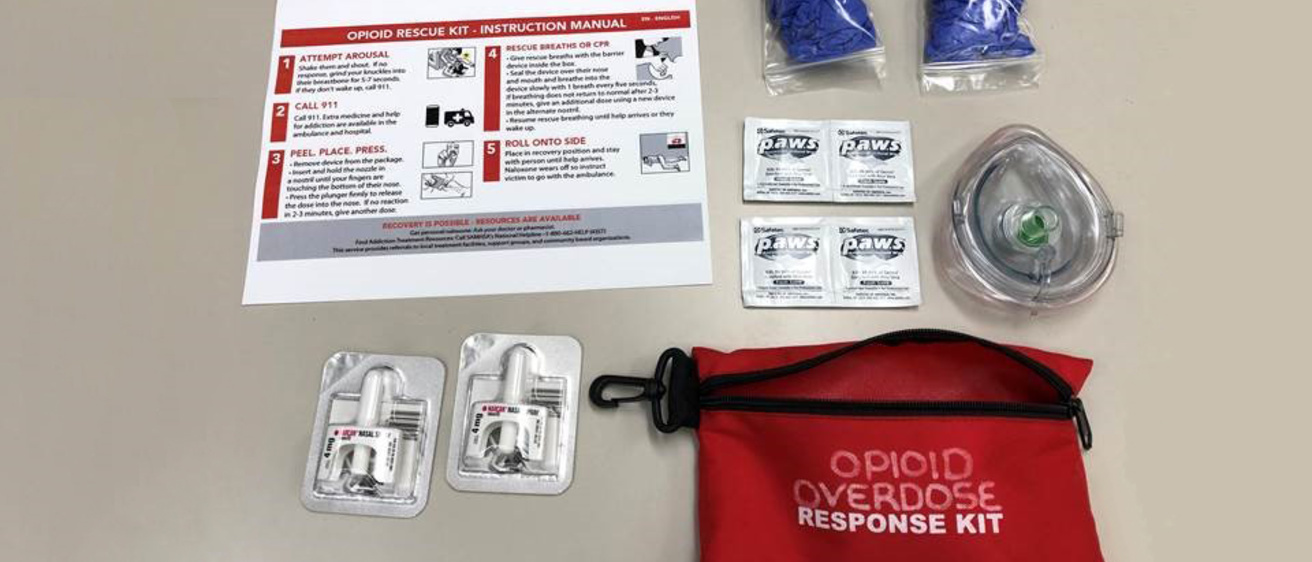The University of Iowa College of Pharmacy is doing its part to reduce fatal opioid overdoses.
More people in the U.S. die from injuries sustained by poisoning—driven primarily by misuse of prescription opioid pain relievers—than from transportation-related events, according to a 2017 report from the UI Injury Prevention Research Center (IPRC). Every day, more than 130 Americans die of drug overdoses, according to the American Medical Association.
The annual Iowa Harm Reduction Summit will be held on October 3-5 in various locations in Iowa City.
Opioids include both legal drugs—such as oxycodone, hydrocodone, codeine, fentanyl and morphine—and the illegal drug heroin. Fentanyl—originally a cancer drug—is often added to heroin to strengthen it without users knowing, leading to overdoses; it is up to 100 times stronger than morphine.
If someone is overdosing from any kind of opioid, their best chance of survival is to receive an injection or nasal spray of a drug called naloxone as soon as possible. That is why pharmacists and others are working to make it more widely available.
Professor Emeritus
Having naloxone available in our educational environment demonstrates to student pharmacists the importance of our responsibility to public health.
“At present, we are the only college on campus to have deployed naloxone within a building,” said James Ray, the college’s James A. Otterbeck OnePoint Patient Care Professor in Hospice and Palliative Care and the chair of an opioid issues group on campus. In the fall of 2018 the UI Police began carrying the overdose-reversing drug in all of their squad cars: Including the Students Helping OUT (SHOUT) cars used to assist students and others during high-traffic events and times, Ray added.
A new Doctor of Pharmacy student group—University of Iowa Pain Management, Substance Use Disorder, Palliative Care (UI-PSP) was recently created, in part, to provide services and outreach programs to educate the community, their peers, and patients about policies and issues associated with pain management, palliative care, and substance use disorders.
One of the Opioid Overdose Response Kits is on the ground level, elevator lobby of the current Pharmacy Building South Tower. The other is on the first floor of the north building (the shorter red building) outside the Dean’s Office.
The overdose-reversal drug has no potential for abuse and is harmless to those who are not experiencing an opioid overdose. A 2016 Iowa law allows it to be purchased without a prescription at a pharmacy.
Ray and Professor Emeritus Bernard Sorofman initiated and financially supported the kits in the college.
“Having naloxone available in our educational environment demonstrates to student pharmacists the importance of our responsibility to public health. In classes they learn the importance of quick action, including how to administer the medication, in order to save a life. If necessary, students, staff and faculty will be able to respond to an overdose event in or near our buildings,” Sorofman said.
